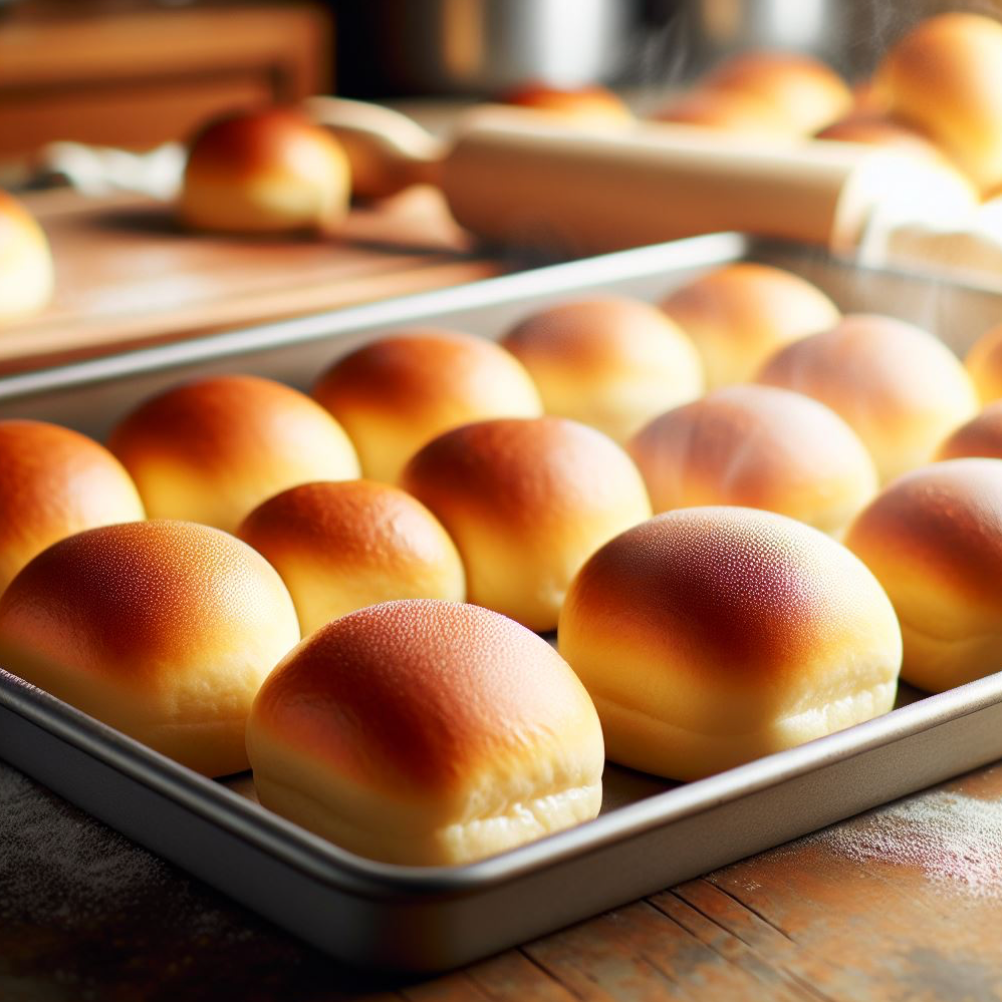In today's rapidly evolving food industry, there is an exciting and ongoing comparison between animal and plant proteins, each offering unique benefits and challenges. Animal proteins, derived from sources such as meat, dairy, and eggs, are traditionally known for their complete amino acid profiles, making them a staple in many diets.
However, with growing concerns about sustainability, health, and ethical considerations, plant proteins have gained significant attention. Among these, pea protein has emerged as a particularly important player. Derived from yellow split peas, pea protein is not only a sustainable and environmentally friendly option but also a versatile ingredient that can be used in a wide range of food products. It is rich in essential amino acids, making it a valuable alternative for those seeking to reduce their reliance on animal products.
Furthermore, pea protein is hypoallergenic, making it suitable for individuals with dietary restrictions or allergies. As the demand for plant-based foods continues to rise, the role of pea protein in modern food production becomes increasingly significant, offering a promising solution to meet the nutritional needs of a growing global population while addressing environmental and ethical concerns.
Why Plant Proteins Are the Future of Food Production
In recent years, the food industry's focus has increasingly shifted towards plant-based proteins. This is not only due to the health benefits that plant proteins offer but also to ecological and ethical aspects. Plant proteins are often easier to digest and contain less saturated fat and cholesterol compared to animal proteins. Another important factor is the growing consumer demand for sustainable and ethical products. More and more people are consciously choosing to reduce their consumption of animal products or avoid them altogether. This opens new opportunities for the food industry to develop innovative plant-based products and bring them to market.
The Advantages of Pea Protein Over Animal Proteins

Pea protein offers numerous advantages over animal proteins. Not only is it an excellent source of protein, but it is also rich in amino acids, vitamins, and minerals. Pea protein is hypoallergenic and therefore ideal for people allergic to soy, gluten, and dairy products. Compared to animal proteins, pea protein has a smaller ecological footprint. It requires less water and land for production and causes fewer greenhouse gas emissions. Pea protein is also free from hormones and antibiotics, often used in animal farming.

How Pea Protein Protects the Environment
Pea protein offers numerous advantages over animal proteins. Not only is it an excellent source of protein, but it is also rich in amino acids, vitamins, and minerals. Pea protein is hypoallergenic and therefore ideal for people allergic to soy, gluten, and dairy products. Compared to animal proteins, pea protein has a smaller ecological footprint. It requires less water and land for production and causes fewer greenhouse gas emissions. Pea protein is also free from hormones and antibiotics, often used in animal farming.
Applications of Pea Protein in the Food Industry
BackGlanz - An Innovative Pea Protein Product
BackGlanz by Boyens is an outstanding example of the innovative and forward-thinking use of pea protein in the ever-evolving food industry.
This remarkable product serves as a replacement for traditional egg glazing, offering a purely plant-based and allergen-free alternative that caters to a wide range of dietary needs and preferences.
By utilizing pea protein, BackGlanz provides leavened baked goods with a rich, golden-brown color and a stunning, appetizing shine, all achieved without the inclusion of any animal products. This makes it an excellent choice not only for vegans and vegetarians but also for those who are conscious about their health and the ingredients in their food.
Furthermore, BackGlanz adheres to clean labeling standards, as it is free from preservatives and E-numbers, ensuring transparency and simplicity in its composition. This makes BackGlanz an ideal solution for bakeries and pastry shops that are striving to make their product range more sustainable and environmentally friendly, while also meeting the growing consumer demand for healthier, plant-based options.

It's your moment
Get in touch with us today to explore creative solutions and friendly advice that will boost the quality, durability, and charm of your beloved products, helping them shine in the market and delight your customers.
.





